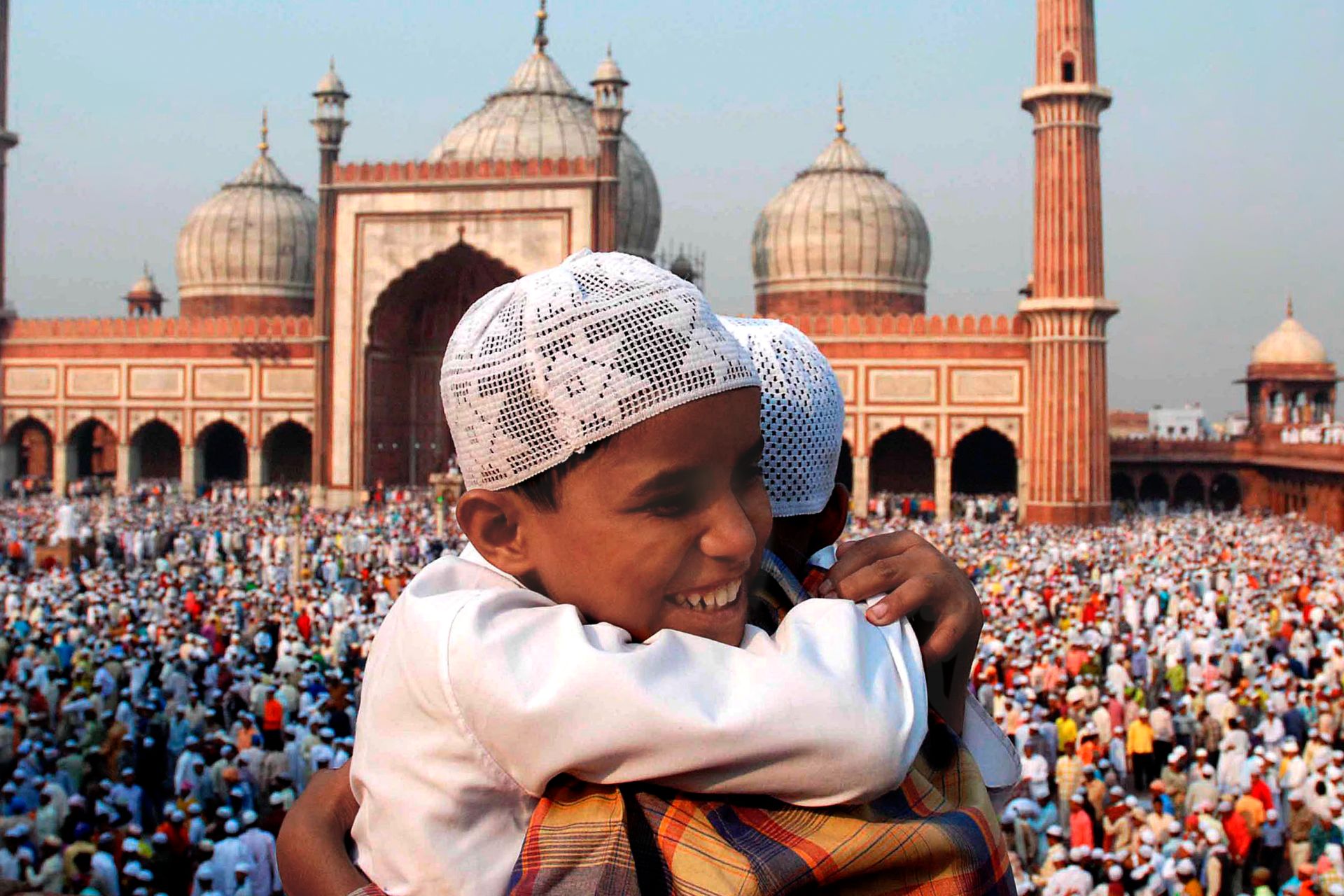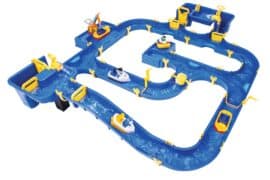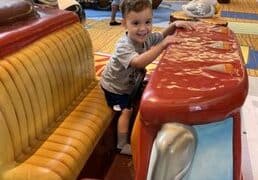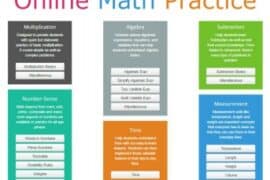Embrace the Festive Spirit: A Parent’s Guide to Eid Celebrations
Hello there, wonderful parents! Are you ready to step into the vibrant world of Eid festivals with your little ones? Eid is not just a day of celebration but a beautiful canvas to teach your children about culture, compassion, and community. We’re going on an exciting journey to explore the richness of Eid and how you can make it a memorable time for your family.
Understanding the Significance of Eid
Eid is a term that represents two of the most celebrated Islamic holidays worldwide—Eid al-Fitr and Eid al-Adha. Before diving into the festivities, it’s important to understand what each festival stands for:
- Eid al-Fitr: Also known as the Festival of Breaking the Fast, it marks the end of Ramadan, the holy month of fasting. It’s a time to show gratitude to Allah for the strength given to complete the fast and to celebrate the community’s perseverance in spiritual reflection.
- Eid al-Adha: Known as the Festival of Sacrifice, this Eid commemorates the willingness of Prophet Ibrahim to sacrifice his son as an act of obedience to Allah. Fortunately, a ram was provided to sacrifice instead. Eid al-Adha is a reminder of devotion and the willingness to make sacrifices for a greater good.
Celebrating as a Family: Traditions and Tips
Family is at the heart of Eid celebrations. Here’s how you can deepen your family bonds and ensure everyone, from the tiny tots to the elders, has an unforgettable time:
1. Begin with the Moon Sighting
Tradition begins with the sighting of the new moon, which signals the start of Eid. It’s a delightful experience to share with your children. You can make it a mini-adventure by going to a high point in your area or simply stepping outside your home as a family.
2. Dress Up for the Occasion
Eid is a time to adorn new clothes and celebrate in style. Involve your children in selecting their outfits, encouraging them to choose traditional attire. This not only makes for a fun shopping trip but also offers a moment to educate them about cultural significance.
3. Share the Sweetness
Food is a language of love, and Eid is synonymous with delightful treats. From the mouth-watering maamoul cookies to the sweet seviyan vermicelli, involve your kids in the preparation of these dishes. Bond over recipes passed down through generations and savor the joy of cooking together.
4. Teach Generosity and Thankfulness
Eid is a perfect occasion to teach children about the importance of giving and being grateful. Engage them in the act of giving to the less fortunate through charity, known as Zakat al-Fitr during Eid al-Fitr and Qurbani during Eid al-Adha. It’s a valuable life lesson in kindness and empathy.
5. Decorate Your Home
Transform your space into a festive haven with decorations. This can be a fantastic crafting opportunity for the kids. Create paper lanterns, star and moon garlands, or even an Eid countdown calendar. The vibrant atmosphere will make the celebration all the more thrilling for your little ones.
Eid festivals offer a wonderful chance for your family to grow closer. Through shared traditions, joyful experiences, and learning moments, you create a nurturing environment filled with love and understanding. Do stay tuned for even more tips and heart-warming ideas to enhance your family’s Eid celebration.
As we prepare for the upcoming festivities, remember every act you do sets a beautiful example for your children. Whether it’s through the new clothes, sweets, or generosity, each tradition has a special role in fostering a loving and inclusive environment for all. Let’s eagerly anticipate the coming joys of Eid as a united, happy family!

5 Things Parents Should Know in Preparing for Eid Festivals
Understanding the Lunar Calendar
Eid dates are determined by the Islamic lunar calendar, which differs from the Gregorian calendar. Unlike fixed holidays, Eid celebrations can shift slightly each year. Parents should keep track of the lunar calendar to accurately prepare for Eid festivities.
Planning for Prayer and Festive Activities
On the morning of Eid, Muslims gather for a special prayer. It’s a grand community event often taking place in a large field or local mosque. Parents can make it a family activity, packing snacks for after the prayer and planning visits with family and friends following the religious service.
Explaining the Spiritual Aspect to Children
Aside from the fun and festivity, Eid has a deep spiritual aspect. Take the time to explain to your kids why Eid is celebrated. Share the stories that give these days their meaning, enhancing their understanding and appreciation for the traditions.
Preparing for Gift Giving – Eidi
It is customary for children to receive ‘Eidi’ – a gift, typically money, from the elder relatives. Parents should prepare small cash gifts for their own and other children, and perhaps consider non-monetary gifts that carry personal or educational value.
Balancing Tradition with Modernity
While it is wonderful to uphold traditions, it’s also okay to create new ones that fit your family’s lifestyle and interests. Whether it’s playing a particular game, watching a family movie after the Eid prayer, or even volunteering as a family, making your own traditions will be extra special for your children.
Remember, Eid is also a great moment to reinforce values like kindness, sharing, patience, and gratitude in fun and engaging ways. So, as you prepare for the festivities, focus not only on the activities and traditions but on the valuable life lessons the festivals impart.
Let these Eid festivals be a time when you as a family not only celebrate but also grow together embracing the wondrous heritage, the joyous gatherings, and the act of giving. Gear up, get creative, and most importantly, cherish every moment of these blessed days as you create a tapestry of lifelong memories with your loved ones. Eid Mubarak!
. For more information see here
Disclaimer
The articles available via our website provide general information only and we strongly urge readers to exercise caution and conduct their own thorough research and fact-checking. The information presented should not be taken as absolute truth, and, to the maximum extent permitted by law, we will not be held liable for any inaccuracies or errors in the content. It is essential for individuals to independently verify and validate the information before making any decisions or taking any actions based on the articles.




